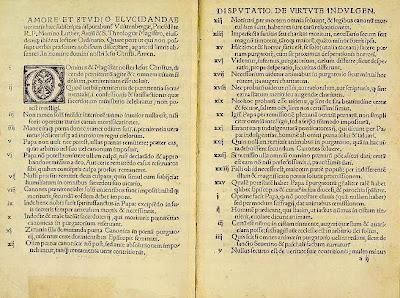"Behold, I have come; in the scroll of the book it is written of me: I delight to do your will, O my God; your law is within my heart." - Psa 40:7-8 ESVJesus is that Messiah, the Christ. His will was to do the will of His Father. Submitting to that will He offered Himself as that final sacrifice. Note then that the Hebrews author says this,
And by that will we have been sanctified through the offering of the body of Jesus Christ once for all. - Hbr 10:10 ESV". . . we have been sanctified . . ." It is an accomplished act. It is a deed of the past, completed by Christ for us. Sanctified means that we belong to the Father. We are holy in His sight, made sinless before Him, totally and completely forgiven. He has and does pronounce us forgiven. This is what the Apostle Paul wrote as well.
But you were washed, you were sanctified, you were justified in the name of the Lord Jesus Christ and by the Spirit of our God. - 1Cr 6:11 ESVWhen we by faith accept what Christ has completed for us we are cleansed, set aside as God's children and declared just. So far so good—and what a wondrous good it is. But now note what the writer says:
For by a single offering he has perfected for all time those who are being sanctified. - Hbr 10:14 ESVSee the shift? First the act is done, part of the past. But now a couple sentences later he speaks about the present, using a participle to describe a process, being sanctified. In other words, he is telling us that we must still deal with our enemies, our sinful flesh, the world in which we live and the demonic empire ruled by Satan, the god of this world. Luther wrote about this in the 95 theses for disputation he posted on the door of the church in Wittenberg on Oct. 31, 1517. They begin like this:
 |
| Luther's 95 Theses in Latin |
- Our Lord and Master Jesus Christ, when He said Poenitentiam agite, willed that the whole life of believers should be repentance.
- This word "repentance" cannot be understood to mean sacramental penance, i.e., confession and satisfaction, which is administered by the priests.
- Yet it means not inward repentance only; nay, there is no inward repentance which does not outwardly work divers mortifications of the flesh.
- The penalty, therefore, continues so long as hatred of self continues; for this is the true inward repentance, and continues until our entrance into the kingdom of heaven.
More on this life of repentance and penance next time.
No comments:
Post a Comment
So what do you think? I would love to see a few words from you.